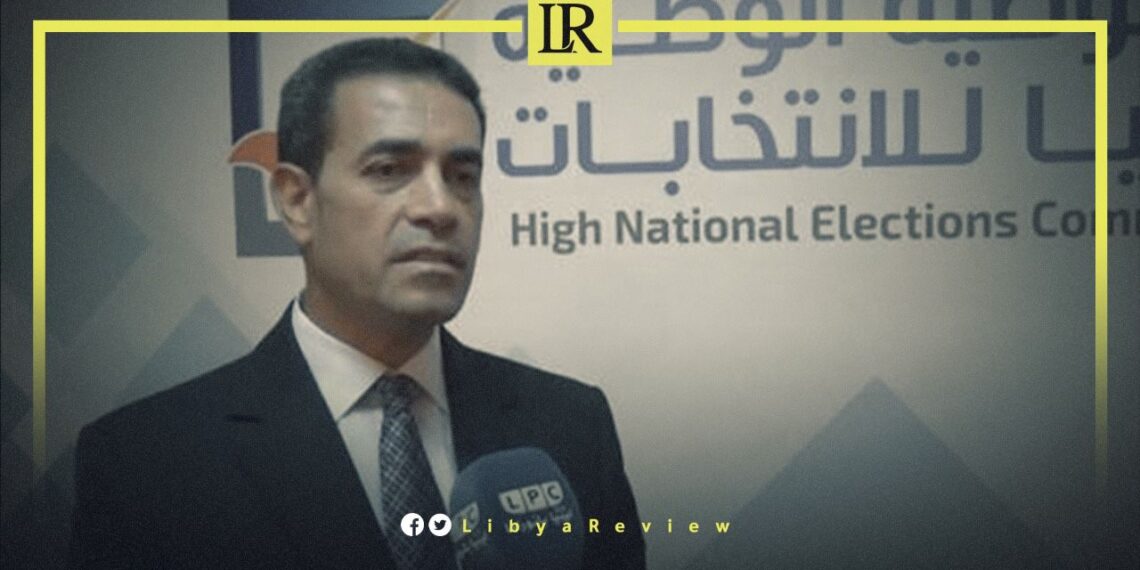The Head of Libya’s High National Elections Commission (HNEC), Emad Al-Sayeh, stated that the Government of National Unity (GNU) does not support holding municipal elections.
Al-Sayeh highlighted Prime Minister Abdelhamid Dbaiba’s disregard for funding demands for municipal elections. He noted a lack of cooperation from the Civil Status Authority and telecommunication companies.
The HNEC requested £80 million from the GNU to conduct elections in 97 municipalities but received no budget allocation, despite repeated appeals for funding.
Al-Sayeh affirmed the HNEC’s determination to propose a three-stage election process, contingent upon securing at least partial funding.
He outlined plans for the HNEC to lead election operations through three operational rooms in Benghazi, Tripoli, and Sabha, with the main room at the HNEC headquarters, independent of government control.
Al-Sayeh resolved issues regarding the closure of 11 HNEC offices by the government, stemming from communication breakdowns between the government and security agencies.
Last month, Al-Sayeh said that the conduct of elections depends on the consensus of the legislative, executive, and judicial authorities.
Al-Sayeh, speaking at the “Media and Elections” workshop, stated that the electoral process is the focal point of the ongoing political conflict in Libya.
“The prevailing understanding is that the responsibility for implementing the electoral process lies solely with the HNEC. This is a misconception because the HNEC does not have a direct interest in implementing the electoral process; rather, it is in the interest of all Libyans,” Al-Sayeh explained.
Al-Sayeh stressed the importance of the media in correcting misconceptions and working to expand the scope of electoral participation to achieve high levels of credibility.
Since the fall of Moammar Gaddafi in 2011, Libya’s oil sector has been a focal point of internal conflict and political negotiation. The control over the nation’s oil resources often leading to power struggles among various factions and regions.
Libya’s economy, heavily reliant on oil, has suffered due to the ongoing conflict. The instability has led to fluctuations in oil production and prices, impacting the global oil market and Libya’s economy.
The conflict has led to a significant humanitarian crisis in Libya, with thousands of people killed, and many more displaced. Migrants and refugees using Libya as a transit point to Europe have also faced dire conditions.
The planned elections for December 2021 were delayed due to disagreements over election laws and the eligibility of certain candidates. This delay has raised concerns about the feasibility of a peaceful political transition.
Despite the ceasefire, security remains a significant concern with sporadic fighting and the presence of mercenaries and foreign fighters. The unification of the military and the removal of foreign forces are crucial challenges.


